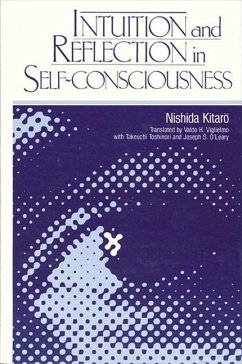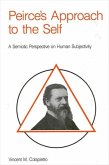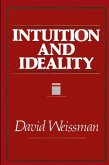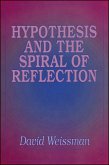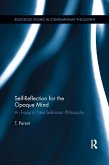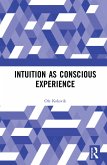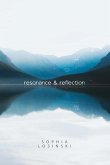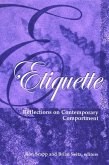Nishida Kitaro's reformulation of the major issues of Western philosophy from a Zen standpoint of "absolute nothingness" and "absolutely contradictory self-identity" represents the boldest speculative enterprise of modern Japan, continued today by his successors in the "Kyoto School" of philosophy. This English translation of Intuition and Reflection in Self-Consciousness evokes the movement and flavor of the original, clarifies its obscurities, and eliminates the repetitions. It sheds new light on the philosopher's career, revealing a long struggle with such thinkers as Cohen, Natorp, Husserl, Fichte, and Bergson, that ended with Nishida's break from the basic ontological assumptions of the West. Throughout labyrinthine arguments, Nishida never loses sight of his theme: the irreducibility and unobjectifiability of the act of self-consciousness which constitutes the self. Extensive annotation is provided for the first time in any edition of Nishida's work. Historians of Japanese philosophy and culture, and all those interested in the interaction of Eastern and Western thought-forms, now have a document which highlights many of the cultural, psychological, and intellectual dynamics that have shaped Japanese intellectual life in one of its most fascinating and ambitious manifestations.

